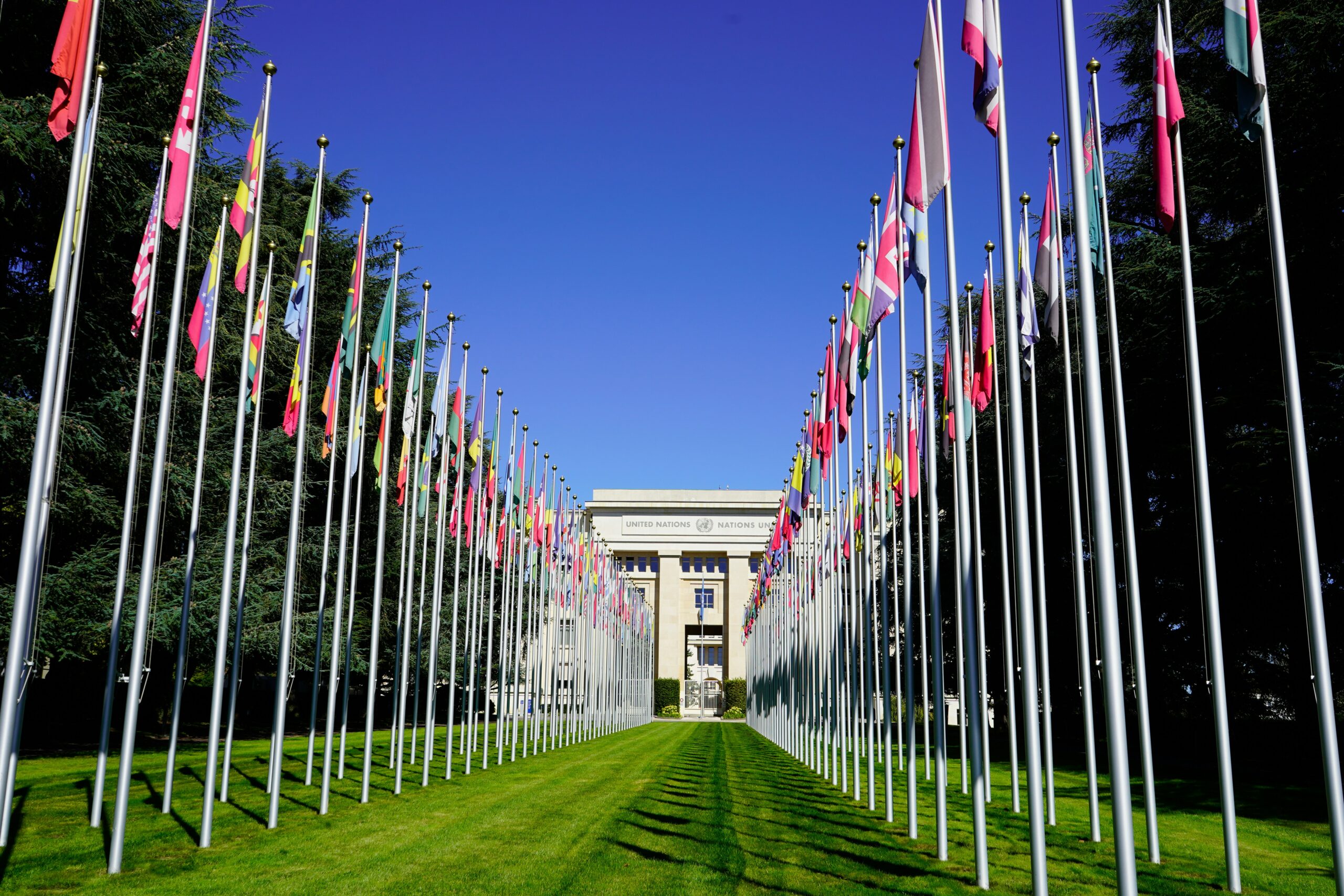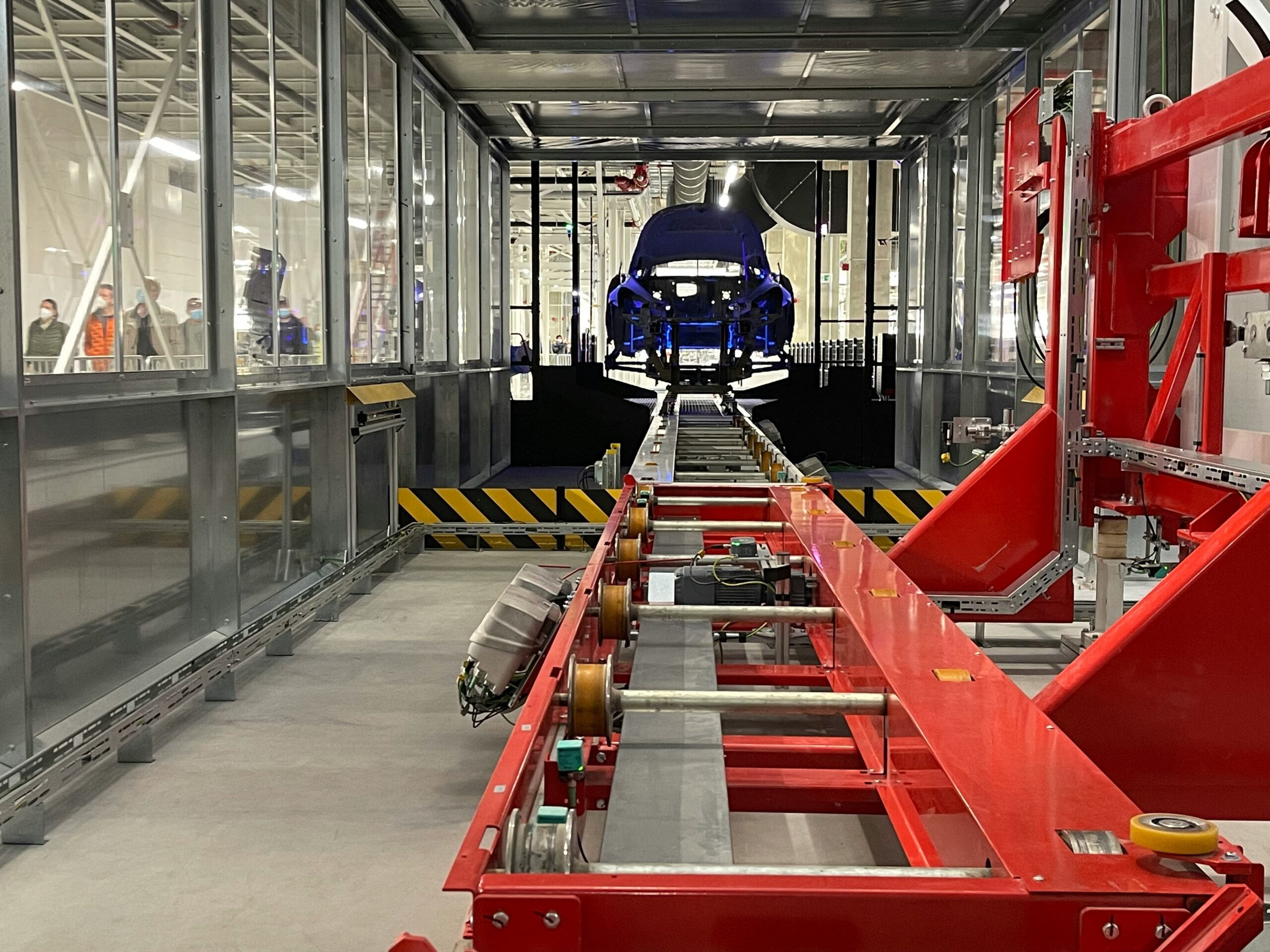The EU’s Semiconductor Dilemma: What Does it Take to Regain Strategic Autonomy?
To counter a looming change in balance of global power, the US and the EU have adopted respective de-risking measures, whereby supply chains are diversified and onshored to decrease strategic dependencies against China’s geoeconomic leverage. As China’s semiconductor ecosystem grows more strategic, and US measures more pressing, the EU must wager its position between a democratic ally to Washington and a willing trade partner to Beijing. More importantly, to preserve its technological advantage in the semiconductor industry, the EU needs to regain its strategic autonomy.








